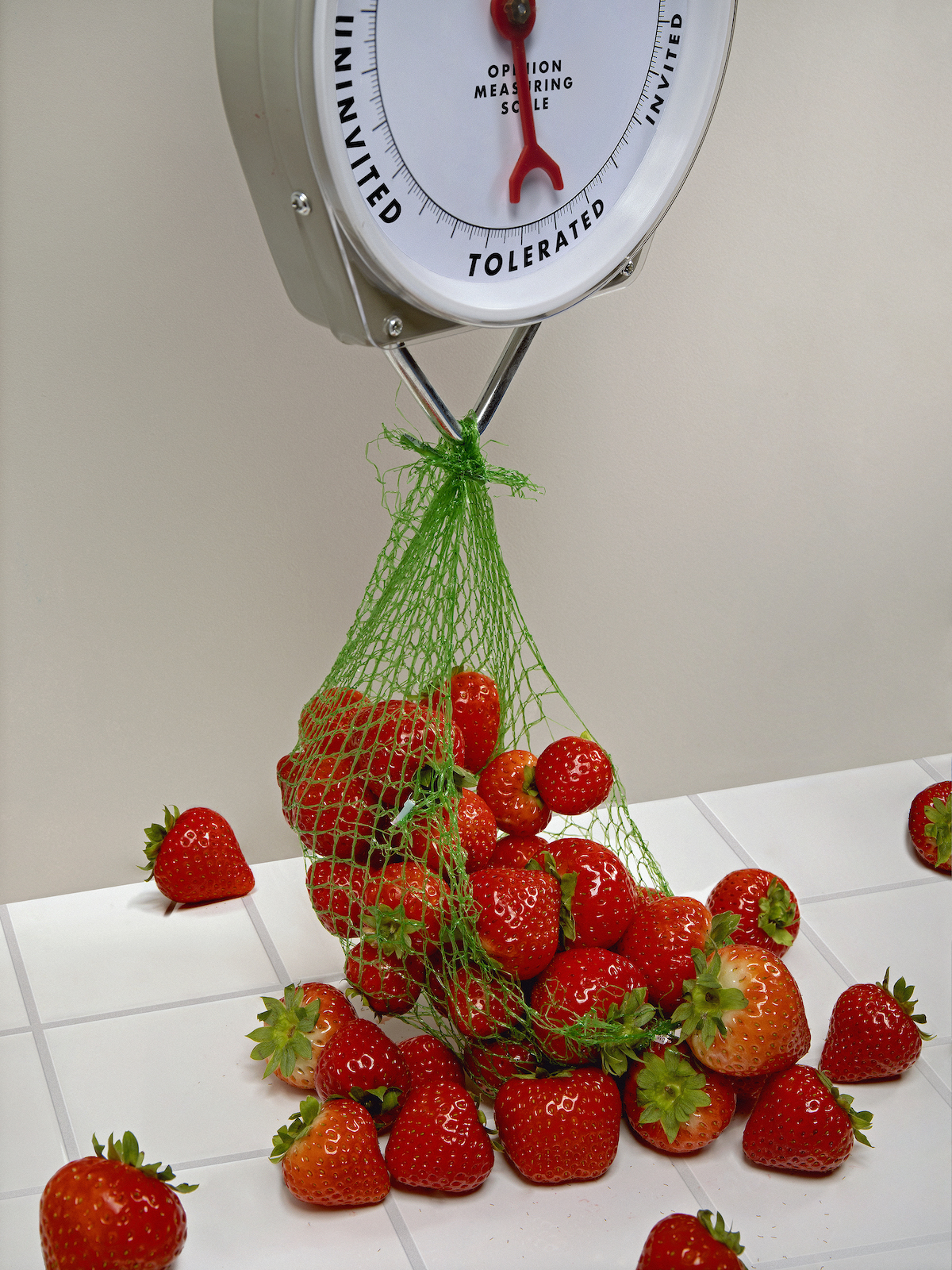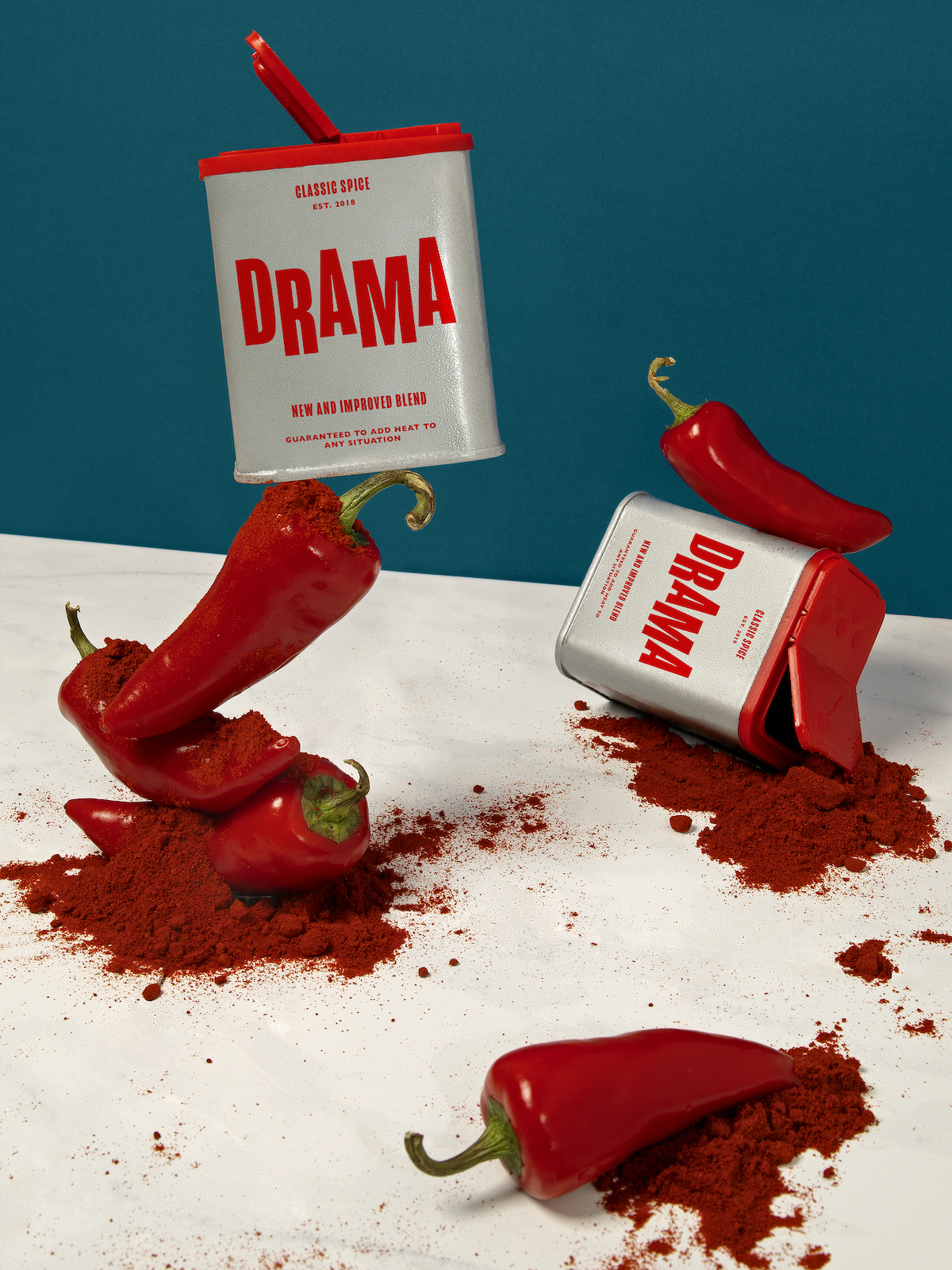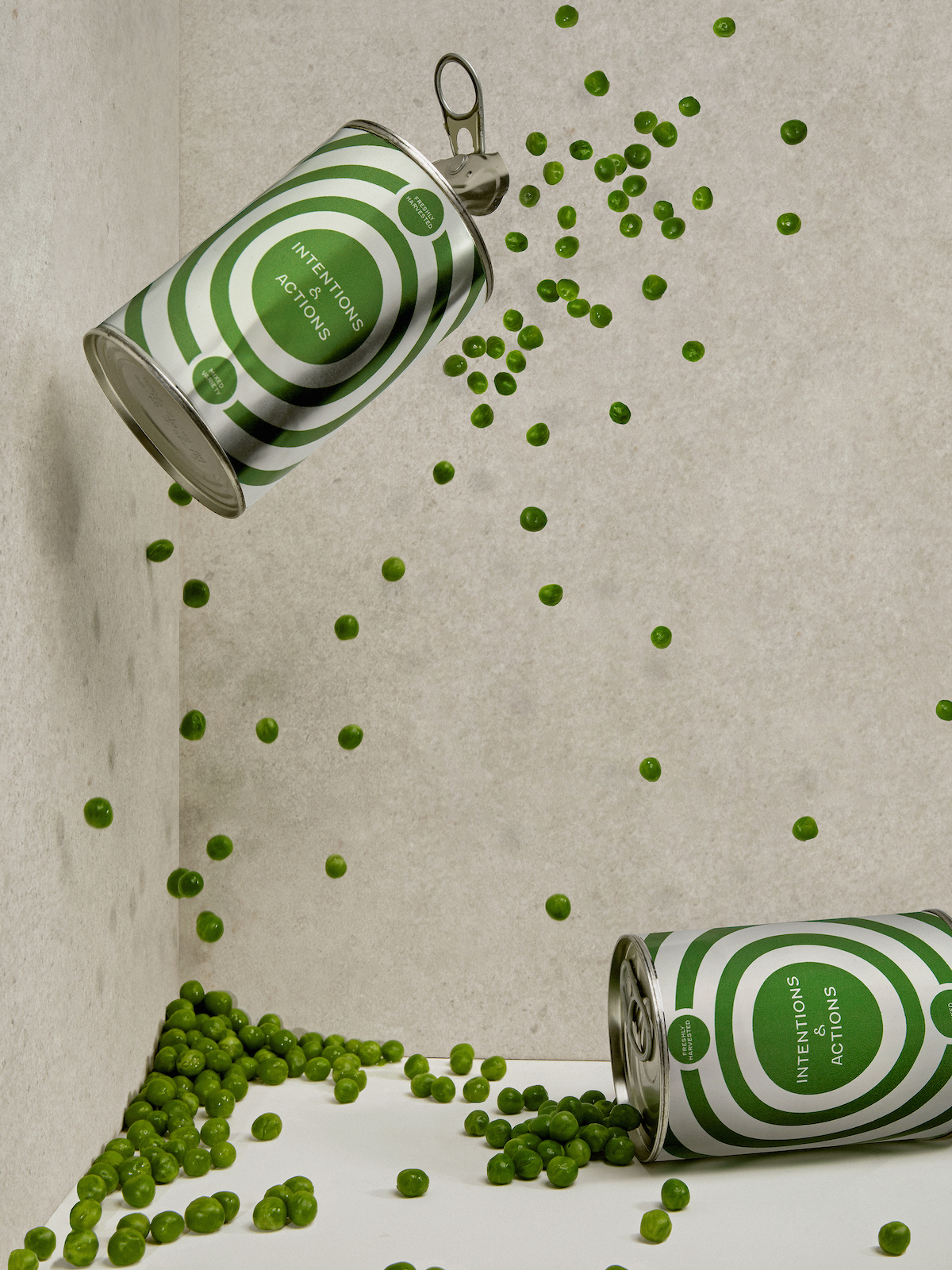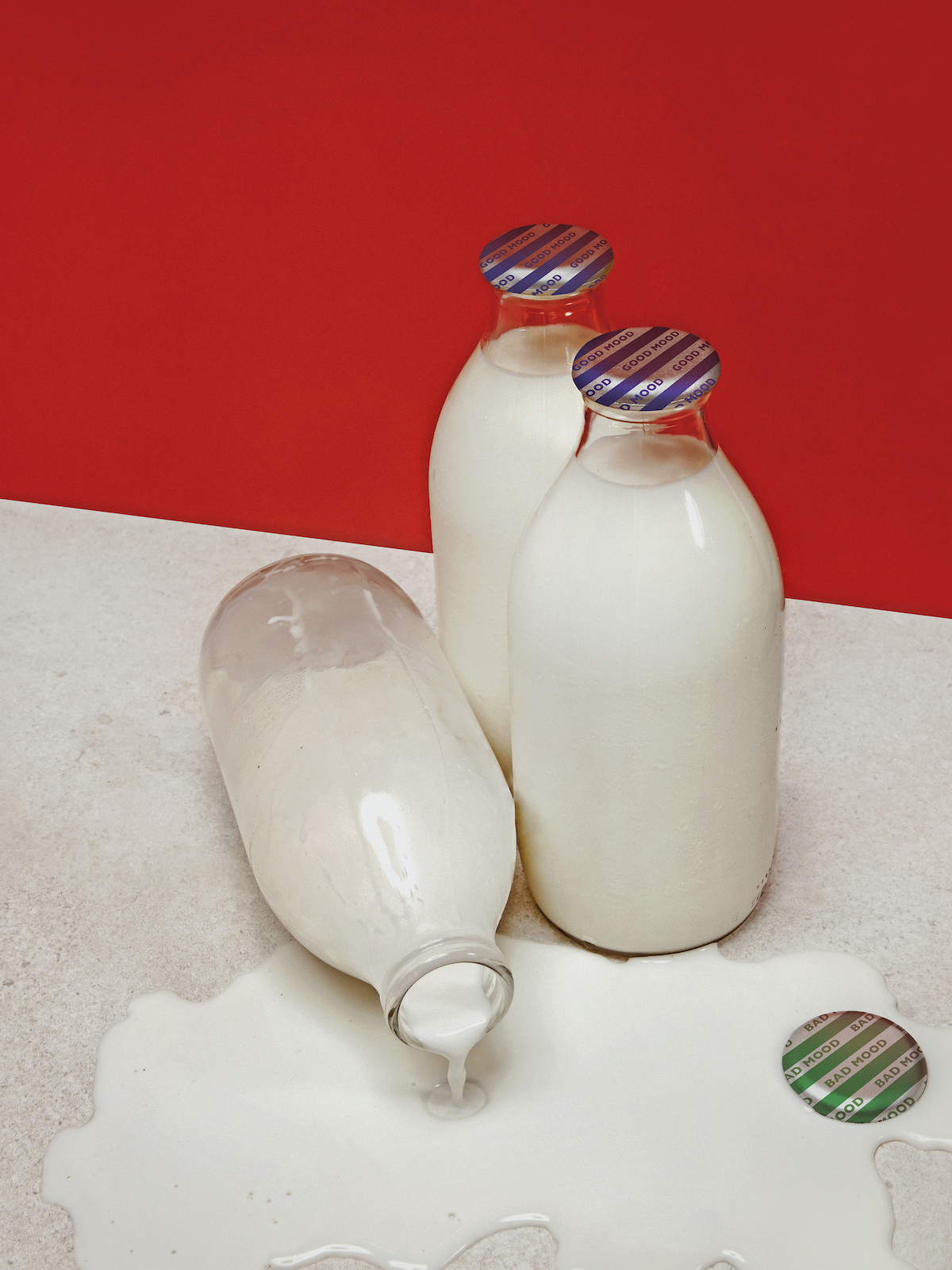Feast Your Eyes
Every culture has its own sayings that incorporate food, and each one tells us something about the language, culinary habits and place of origin. During their Adobe Creative Residency, photographer Aaron Bernstein teamed up with creative director Isabel Lea to explore visual representations of the relationship between food and language.
In this series, they curated a group of seven action-based phrases, bringing these ideas to life through the personification of customized props and corresponding foods. 'Feast Your Eyes' seeks to pull each idiom out of its distinct culture, creating scenes through uniform visuals that establish a common-ground for understanding.
CHĪ CÙ 吃醋
TO DRINK VINEGAR

“TO BE JEALOUS”
“TO BE JEALOUS”
Origin Language: Chinese
Context: Originated with a romantic connotation based on infidelity, but can also be used as a more general term.
Origin Language: Chinese
Context: Originated with a romantic connotation based on infidelity, but can also be used as a more general term.
RAMENER TA FRAISE
RAMENER TA FRAISE
TO BRING YOUR STRAWBERRY

“TO BUTT INTO CONVERSATION”
Origin Language: French
Context: In French, “fraise” is one of many produce-related slang terms for “head.”
IMATI SOLI U GLAVI
IMATI SOLI U GLAVI
SALT IN THE HEAD

“TO HAVE A SEASONED MIND”
Origin Language: Croatian
Context: To be wise or knowledgable about things.
MIRCH MASALA LAGA KE
MIRCH MASALA LAGA KE
TO PUT IN THE CHILI AND MASALA

“TO ADD TO THE DRAMA”
Origin Language: Punjabi
Context: A general term to denote exaggeration in many situations.
RZUCAĆ GROCHEM O ŚCIANĘ
RZUCAĆ GROCHEM O ŚCIANĘ
TO THROW PEAS AT A WALL

“TO WASTE EFFORT”
Origin Language: Polish
Context: Used to describe someone who is engaging in an argument with someone who will not change.
MALA LECHE
MALA LECHE
BAD MILK

“TO BE IN A BAD MOOD”
Origin Language: Spanish (Spain)
Context: Milk is used in a similar way in many Spanish sayings and can be associated with feelings, luck or intentions.
SEINEN SENF DAZUGEBEN
SEINEN SENF DAZUGEBEN
TO ADD YOUR MUSTARD

“TO ADD AN OPINION”
Origin Language: German
Context: Often associated with a negative connotation, when one is adding their opinion whether it is asked for or not.
Sign up for Currantly, our monthlyish newsletter delivering original food stories and news analysis, plus fresh curations of recipes and product drops.